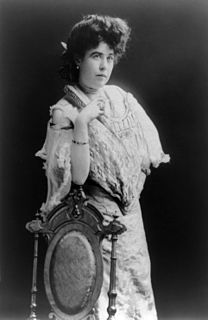A Quote by Bret Stephens
I think there's always merit in getting out of our ideological silos and being exposed to points of view with which we don't always agree.
Related Quotes
By the time I got to school, I had already read a couple hundred books. I knew in the first grade that they were lying to me because I had already been exposed to other points of view. School is basically about one point of view -- the one the teacher has or the textbooks have. They don't like the idea of having different points of view, so it was a battle. Of course I would pipe up with my five-year-old voice.
We are more inclined to hate one another for points on which we differ, than to love one another for points on which we agree. The reason perhaps is this: when we find others that agree with us, we seldom trouble ourselves to confirm that agreement; but when we chance on those who differ from us, we are zealous both to convince and to convert them. Our pride is hurt by the failure, and disappointed pride engenders hatred.
We are seeing, then, that our experience is altogether momentary. From one point of view, each moment is so elusive and so brief that we cannot even think about it before it has gone. From another point of view, this moment is always here, since we know no other moment than the present moment. It is always dying, always becoming past more rapidly than imagination can conceive. Yet at the same time it is always being born, always new, emerging just as rapidly from that complete unknown we call the future. Thinking about it almost makes you breathless.
Even when alternative views are clearly wrong, being exposed to them still expands our creative potential. In a way, the power of dissent is the power of surprise. After hearing someone shout out an errant answer, we work to understand it, which causes us to reassess our initial assumptions and try out new perspectives. “Authentic dissent can be difficult, but it’s always invigorating,” Nemeth says. “It wakes us right up.”

































